 AD
AD
Today is: November 19
Scroll to explore events active on this date.
Additional Events on LEEP
LEEP INK FEATURES

August? Absolutely!
In August, we live through the Dog Days of Summer. It's hot and often humid, and those who can leave for better climates do. Down south, winter is in full force. August is also known as "the ...

In The Heat of July: July 2025 Events
Is it hot enough (or cold enough if you're below the equator) for you yet? There is actually a day for that! Like every month, I pick a diverse collection of events you may or may not know about. This ...

May Blooms: Events in May 2025
Along with October, May is one of the most densely packed months of the year. It's before the summer humidity and the last whole month of the school year. The weather is warming in t...
About Dia de la Raza, The Day of Race, in Mexico
Civil Rights , Mexico & Central America
Ends: Oct 12, 2023
DESCRIPTION:
Alternate Names: Columbus Day / Discovery Day / Friendship Day / Día de la Hispanidad / Día de la Raza / Native Americans' Day / Discovers' Day
Locations: Belize, Mexico, Bahamas, Puerto Rico, Virgin Islands, Spain, South Dakota & Hawaii, United States
All of these events mark a historical anniversary. The celebration, however, originated with President Benjamin Harrison in 1892. You see, Harrison had a problem.
In 1891, rioters in New Orleans killed 11 Italian immigrants, three of whom still held Italian citizenship. Even then, uniquely American hypocrisy reigned. Citizens hated immigrants despite nearly every American descending from or being an immigrant. Six Italians were accused of murder in March of that year. By the next day, rumors whipped through the Big Easy, and a mob stormed the jail. The rioters murdered 11 Italians as retribution.
The shootings and lynchings caused a political nightmare for the Harrison Administration with the Italian government, and Harrison was up for re-election. Italy recalled its officials, and American officials vacated Rome. Threats of war were traded, and nobody was happy.
Since the mid-nineteenth century, Italians choosing US citizenship had become a significant voting block in the United States. Harrison needed their vote, and paying restitution to the Italian government produced ridicule rather than results. An idea formed. It was the 400th anniversary of Columbus' landing in the Americas. Columbus was Italian, and many large spectaculars were already planned. Why not make Columbus Day an official federal holiday for the year 1892? That worked. Diplomats returned to their posts, war was averted, and Italians celebrated in the Americas. Columbus Day became an official annual holiday in the United States by a joint Congressional/Presidential resolution on April 30, 1934, with modification in 1968 (36 USC 107) to the second Monday of October.
Columbus Day commemorates the events of October 11-15, 1492, when Christopher Columbus and his crew first sighted land. Landfall occurred on October 12, 1492; he thought he had found a way to India. Instead, Columbus discovered the Bahamas, and it would take time for him to realize it was an entirely new continent.
Columbus Day, on October 12, is a national holiday in Belize, and the Bahamas refer to it as Discovery Day. In Spain, it is called Día de la Hispanidad, or Hispanity Day. In the Virgin Islands and Puerto Rico, it is called Friendship Day, and Mexico refers to the anniversary as Día de la Raza, or Day of Race. The United States also marks the anniversary with Native American Day and the state of Hawaii with Discovers' Day.
FIRST EUROPEANS
Most Americans believe that Columbus was the first European to discover America. He was the first to find the islands of the Caribbean, but not mainland North America.
The first European to land on American soil was Leif Eriksson, a Viking, on October 9, 1000 AD. But first, he saw it a year before when his ship was blown off course leaving Iceland. In 999 AD, he did not land. He called the new land Helluland (Stone Slab Land). The following year, he returned, sailing south, and eventually set up camp in what we refer to as present-day Newfoundland, which he called Vinland since it was bursting with spectacular wine grapes. Archeologists in the 1960s uncovered the original camp in modern L'Anse aux Meadows, a UNESCO World Heritage site today.
Eriksson wasn't the first European to see America. That honor falls to another Viking, Bjarni Herjolfsson. Herjolfsson saw a land covered in trees in 986 AD. He was trying to get to Greenland with his father, Erik the Red. He missed it. However, Herjolfsson did not set foot on American soil; that would have to wait another 13 years.
On October 9, 1825, the first group of immigrants from Norway arrived in the United States.
In 1964, President Lyndon Johnson proclaimed October 9 as Leif Eriksson Day.
CONTROVERSY OVER COLUMBUS
Columbus Day has become controversial in the United States because his discovery also led to the genocide of Native Americans, who lost 90% of their people over the next 400 years due to illness, enforced poverty, land theft, discrimination, and wars. That Columbus initiated colonialism through his discovery, which led to slavery and the disenfranchisement of Native Americans, is another reason several groups do not want the day or the explorer remembered. However, Columbus Day is significant to Italian Americans, who view the explorer with great pride. An Italian, he sailed to America under the patronage of the Spanish King and Queen.
As far as I can tell, Alabama, in 2000, was the first state to change Columbus Day to American Indian Day in honor of America's indigenous people. By 2020, the Black Lives Matter movement, Native American organizations, and other social justice movements continued to call into question Columbus' legacy and advocate for the abolition of the holiday.
In 2021, after a rise of activism to recognize indigenous people in the United States rather than their colonizers, President Biden proclaimed the first-ever National Indigenous Peoples' Day instead of Columbus Day.
VIDEOS
Currently, this event does not have supporting videos.
SUPPORTING DOCUMENTS
Currently, this event does not have supporting documents.
ADDITIONAL IMAGES
Currently, this event does not have supporting images.
Where would you like to go now?
 AD
AD





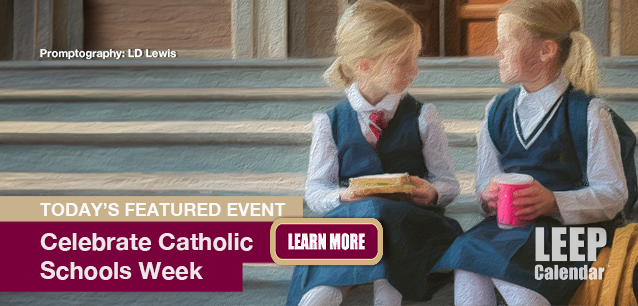



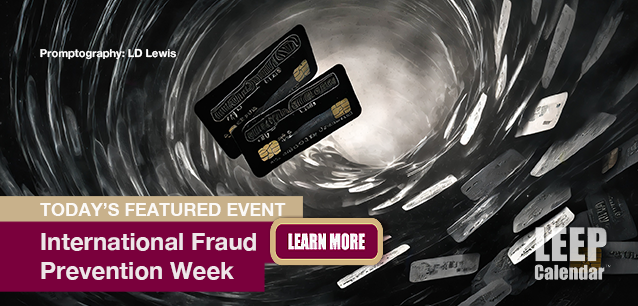


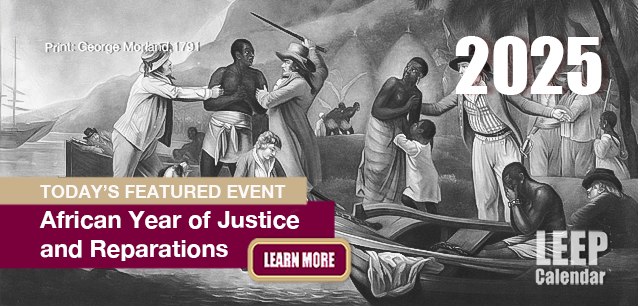







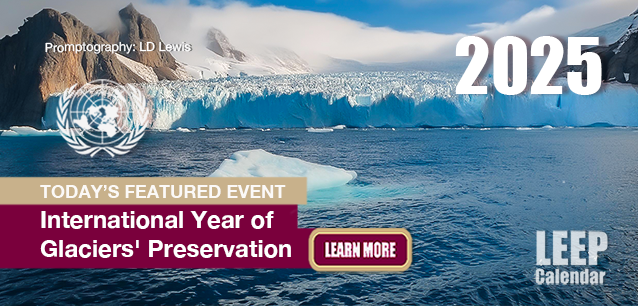










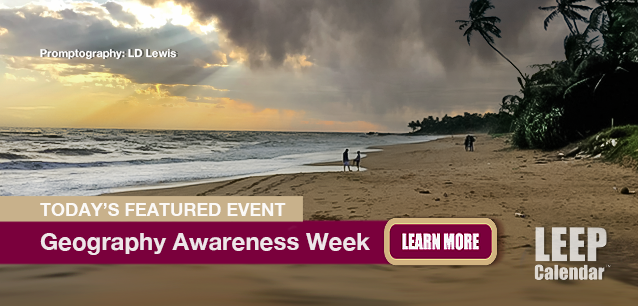








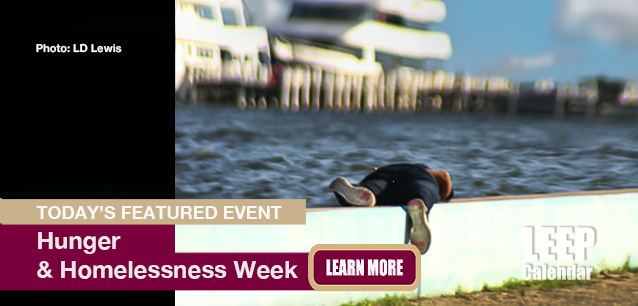








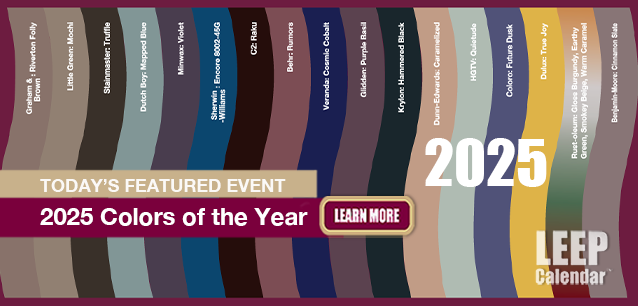





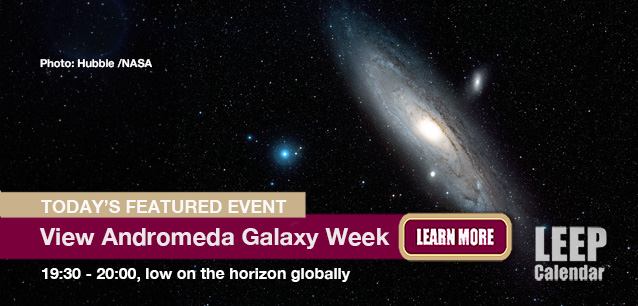


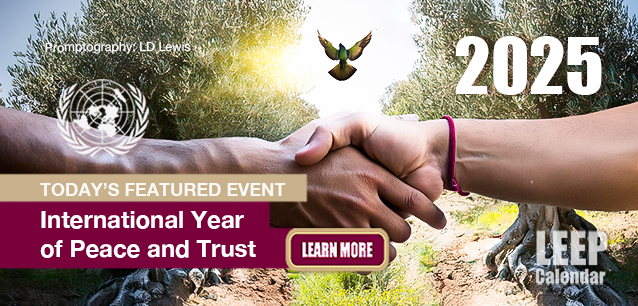


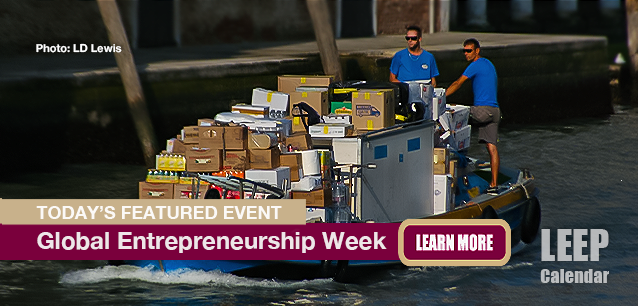

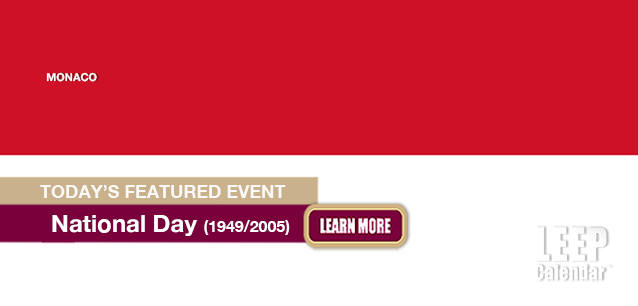





/footer-logo.svg)
